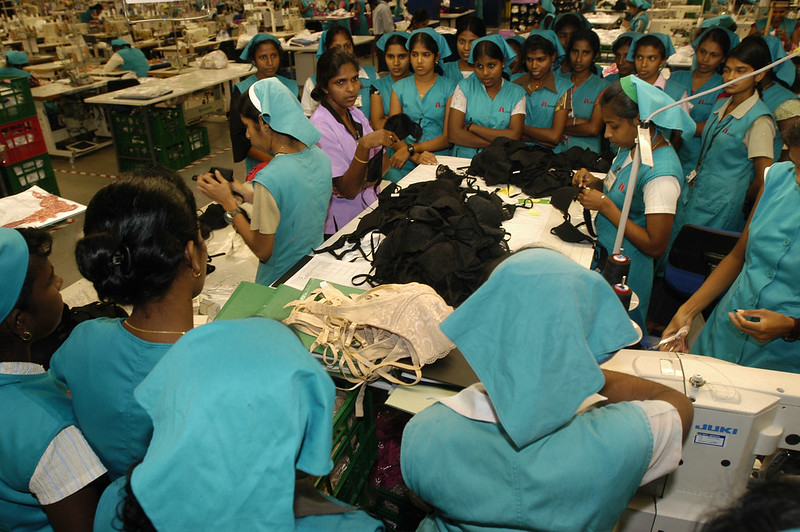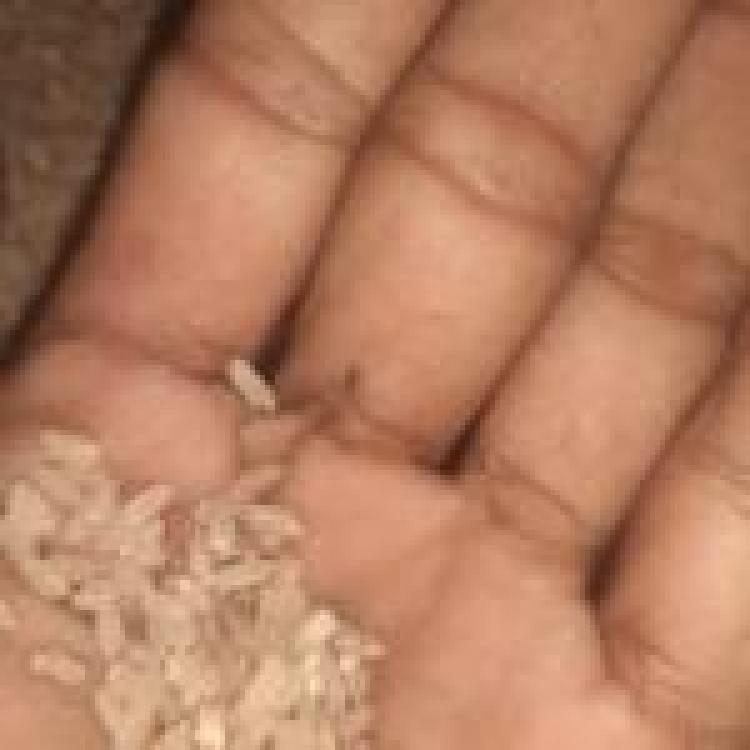.jpg)
(Photo: Tamil families of the disappeared protest in Mullaitivu)
“We are witnessing the unfolding of a humanitarian crisis”, warned a petition signed by 21 feminist organisations in Sri Lanka, the majority of which are based in the North-East, that raised concerns over the prospect of an International Monetary Fund (IMF) bailout.
“We are concerned that actors such as the IMF and others may enforce fiscal consolidation by way of austerity policies” the petition states. A report from Oxfam shows that of 107 loans negotiated with the IMF, 85% included plans for austerity measures once the pandemic crisis is under control. Oxfam warns that such policies will “drive up inequality worldwide”.
The statement comes as Sri Lanka faces its worst economic crisis since independence with the Sri Lankan rupee now trading as the lowest currency in the world, worse than the Russian rouble. Sri Lanka owes $7 billion in debt and interest payments for this year, with a sum of $1billion due in July. The dire financial state of the country has led to severe shortages in food, fuel and medicine as well as record levels.
The Economist stresses that an IMF bailout will be “a crucial first step towards solving the crisis” however feminist organisations maintain that “regressive tax policies such as the increase of direct tax via VAT, and cuts in public expenditure will only undermine improvements in productivity and deter inclusive economic growth along with a robust social infrastructure”.
The petition further raises concerns that the likely reform agenda proposed by the IMF will not address the root causes of the crisis.
“We are seriously concerned about the long-standing causes for the crisis, such as corruption in public enterprises and failure to introduce progressive tax policies. While these remain unaddressed, we anticipate attempts to privatise public services which will again transfer the economic burden onto the people” they write.
Tamil women will bear the brunt

The focus of the petition is on the “double women face” working in key sectors such as the “plantation, garment and migrant labour sectors” whilst also “performing unpaid care work at home”. The structure of Sri Lanka’s economy and society has left the country “overwhelmingly dependent on women’s labour”.
"It is the wealth gathered by exploiting women’s labour that has been squandered. No one is held accountable for this loss. Instead, yet again, women are forced to bear the brunt of an economic crisis" the petition states.
Despite this reliance, women continue to face “obstacles to education, domestic violence, and inefficient and unjust systems of maintenance payments to single mothers”.
The current economic crisis follows a series of catastrophes including the decades' long armed conflict, the tsunami, the Easter Sunday bombings, and the COVID-19 pandemic. However, these issues have hit Tamil women the hardest.
![]()
Facing the genocidal violence of the Sri Lankan state throughout the war, with Sri Lankan soldiers targetting Tamil women for sexual violence, torture and rape. Responding to the tsunami, whilst the World Bank reported that the North-East was the “region worst affected”, international aid was barred from reaching the region and diverted into the South. Aid from the Tamil Diaspora was also blocked and sometimes appropriated.
Read more here: Remembering the waves - 17 years on from the tsunami
The petition adds that women continue to manage this labour while pursuing “life-consuming quests for truth and justice are ongoing every day”. Whilst enforced disappearances have affected communities from across the island, the victims were disproportionately Tamil, particularly during the last phase of the armed conflict.
![]()
Tamil women have continued to protest to demand the fate of their loved ones for years and have braved abuse, intimidation and violence from Sri Lanka’s security officials. Many have died without knowing the fate of their loved ones.
Petition demands
The petition urges the government to launch “a humanitarian operation, with a focus on preventing national level starvation and chaos, in partnership with the government and civil society”. Their petition makes 8 clear demands
-
For an island-wide food distribution system that is not targetted as that will “only delay relief” and “deepen social divisions”
-
Prioritise food sovereignty by imposing control on kerosene and gas prices; issue urgent support and subsidies to farmers and relief for fisheries.
-
A people-centred Samurdhi support system
-
Health sectors must be supported by the state to ensure essential medicines and equipment
-
Assistance programmes to tackle starvation and destitution
-
Measures to secure relied upon state programmes such as a progressive taxation system
-
Prioritise labour and land policies that protect people’s financial security. This includes distributing land to women smallholder agricultural farmers who are producing essential grain
-
For women’s organisations to be directly engaged in decision making
Read the full letter here.
The petition was signed by:
1. Aalumai Women’s Group, Mullaithivu
2. Affected Women’s Forum, Akkaraipattu
3. Dabindu Collective, Kattunayake
4. Centre for Women and Development, Jaffna
5. Mannar Women’s Development Federation
6. Muslim women’s Development Trust, Puttalam
7. Nisha Development Group, Mulaitheevu
8. Progressive Women’s Collective
9. Revolutionary Existence for Human Development, Katunayake
10. Sisterhood initiative, Colombo
11. Stand Up Movement, Colombo
12. Suriya Women’s Development Center, Batticaloa
13. The Grassrooted Trust
14. Uwa Wellassa Women Organization, Monaragala
15. Vallamai-Movement for Social Change, Jaffna
16. Women and Media Collective, Colombo
17. Women’s Action Network
18. Women’s Coalition for Disaster Management, Eastern Province
19. Women’s Development Center Badulla
20. Women’s Resource Centre, Kurunegala
21. Women’s Education and Research Center, Colombo

